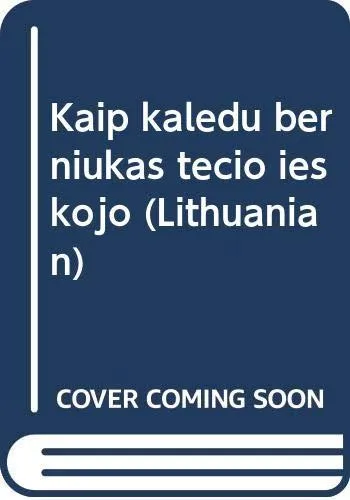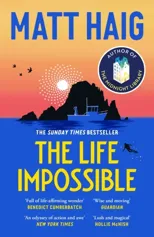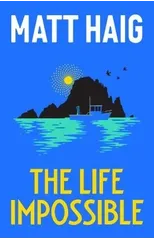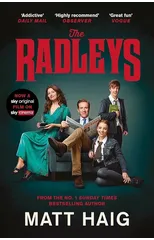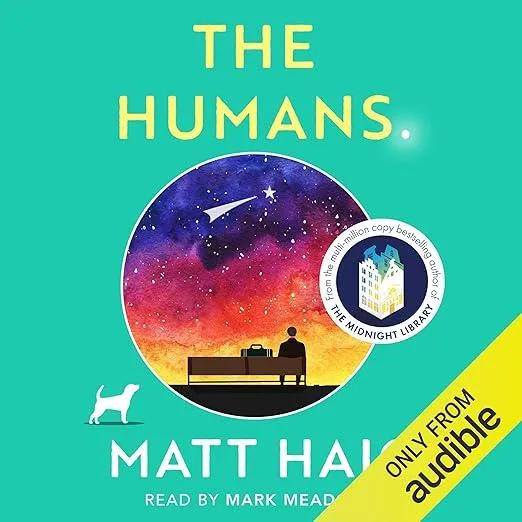The first rule is don't fall in love Tom Hazard has a dangerous secret. He may look like an ordinary 41-year-old, but because of a rare condition, he's been alive for centuries. From performing with Shakespeare, to exploring the high seas with Captain Cook, to sharing cocktails with F. Scott Fitzgerald, Tom has seen a lot. But now, after over 400 years of reinventing himself to escape detection, he just wants an ordinary life. The only rule he has to follow is Don’t fall in love. When Tom catches the eye of a captivating woman named Camille at the dog park, everything begins to unravel. Caught between the danger of discovery and the desire to build a real life, Tom learns that the thing he can't have might just be the thing that saves him. A wild, bittersweet, time-travelling story, How to Stop Time is about losing and finding yourself, about the certainty of change, about the perils of love and about the mistakes that humans are doomed to repeat. It asks the question, How many lifetimes does it take to learn how to live?
Matt Haig
Matt Haig is a British author known for his novels, non-fiction books, and children's literature. His works often explore themes of mental health, identity, and the human experience. Haig's most notable works include "The Humans," a humorous and heartfelt novel about an alien experiencing life on Earth, and "Reasons to Stay Alive," a memoir detailing his struggles with depression and anxiety. Haig's writing style is characterized by its honesty, empathy, and wit, making his works accessible and relatable to readers of all ages. He has made significant contributions to literature by shedding light on mental health issues and promoting conversations around mental well-being. Haig's impact on the literary genre can be seen through his ability to connect with readers on a personal level and offer insights into the complexities of the human mind. His most famous work, "The Midnight Library," has received critical acclaim and has been praised for its poignant exploration of regret, second chances, and the power of choice.

